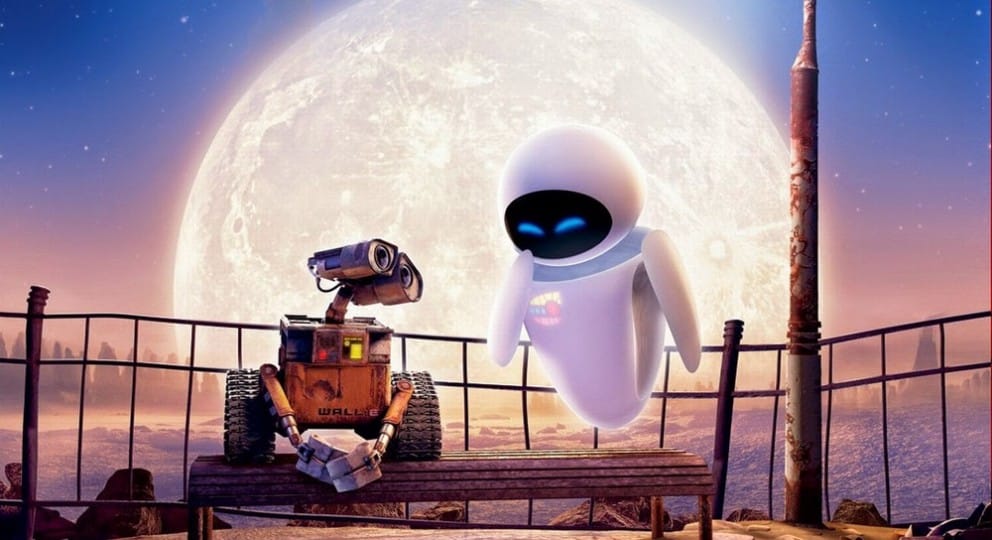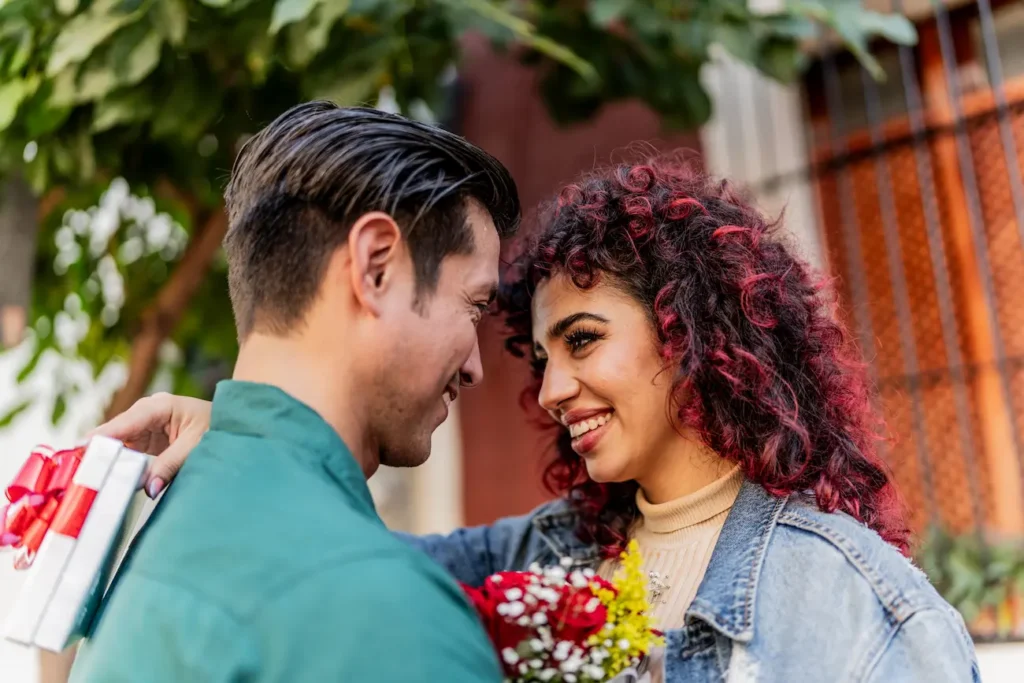Since the dawn of the Digital Age, humans have been puzzling over their electronic devices and asking themselves basic questions, like:
What makes us human? Are we becoming cyborgs, and is that bad? Emotions can be difficult to deal with, and wouldn’t it be nice if they didn’t exist sometimes?
This week on The Gottman Relationship Blog, we’ll try to scratch the surface of these issues by continuing the discussion Zach started on Monday. We’ll argue the case for humanity by raising a few questions of our own. For example, if you wanted to be a cyborg, would you be reading this blog? Also, how are you not a cyborg? What differentiates us from machines?
It turns out that the answer is often humor. Our ability to laugh.
Can a computer make a joke? No! Or rather, yes and no, as many of us found with the release of What Would I Say? – the app that scrambles and rearranges status updates on Facebook into humorous phrases, so that they wind up resembling something between a nonsense poem or song lyric and an uncannily wise haiku.
While the program makes us laugh, the app’s genius rests in understanding the mechanisms of humor, particularly the unexpected inversion of the familiar – and 100% of the material comes from us. The algorithm can exploit a known formula, but in order to be funny, it needs the key ingredient: familiar, human content.
Where are we going with this?
The familiar is basically what makes our relationships function. The Sound Relationship House is built on the familiar – shared experiences and memories, shared love maps, shared fondness and admiration, shared dreams and rituals that fill our lives with meaning. And what creates a happily shared future for a couple? A happily shared past and present.
This may sound pretty intuitive, but the devil’s in the details – it is not the events of the past that are happy, but the couple’s perception of their shared experience of these events.
Dr. Gottman’s research on the Oral History Interview has revealed that “masters” of relationships – those who describe their connection as happy, healthy, rich, and meaningful – report strong feelings of connection sustained through the course of their relationship. These “masters” are not recruited for study from a collection of gods, space aliens, robots, or cyborgs. They share our human imperfections and their stories reveal a firm grasp on the human condition. Just like relationship “disasters,” they face periods of unhappiness and conflict. The difference is in their approach to these challenges.
“Masters” of relationships build a culture of positive perspective and turn towards each other in moments of harmony and discord alike – and this is made possible by their repeated choice to face the music together.
To be a team, we must be deeply familiar to each other, and consistently recreate a sense of “we-ness” through knowing glances, smiles, and shared laughter.
As we all know, laughter is an incredibly powerful force. The relief it brings can diffuse even the most nerve-racking of situations. It breaks down barriers and creates an inescapable sense of shared humanity. It reminds us of the fact that we belong to the same species and of how cool that is.
In Friday’s Weekend Homework Assignment, we will dig deeper into specific issues relating to the use of humor in relationships, and give you some ideas for bringing more laughter and joy into your own!







